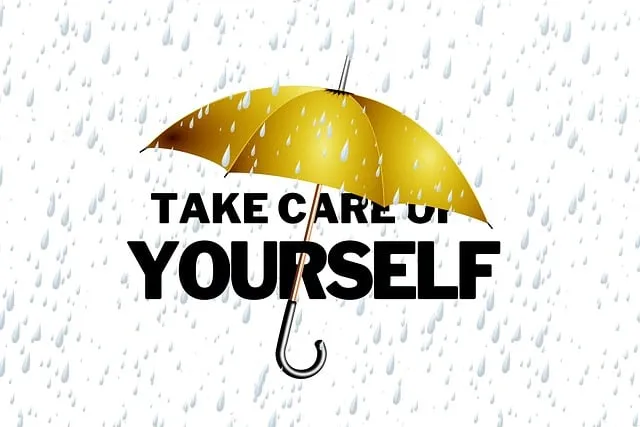What is Alternative Health Care and Five Important Ways to Improve It
Dear Readers,
Alternative health care has gained significant attention in recent years as individuals seek holistic approaches to wellness and healing. It encompasses a wide range of practices and therapies that differ from conventional medical treatments, often focusing on the whole person—mind, body, and spirit. In this newsletter, we’ll explore the concept of alternative health care and present five important ways to improve its accessibility and effectiveness.
What is Alternative Health Care?
Alternative health care refers to a variety of medical practices and treatments that are not typically included in standard medical curricula or offered by conventional health systems. This can include practices such as acupuncture, herbal medicine, chiropractic care, yoga, meditation, naturopathy, and many others. Alternative health care emphasizes preventative measures, self-care, and the body's natural ability to heal itself. While many individuals find relief and improved well-being through these methods, it is essential to ensure that these approaches are safe, evidence-based, and integrated with conventional health care when necessary.
Five Important Ways to Improve Alternative Health Care
- Enhance Education and Training
- One of the keys to improving alternative health care is ensuring that practitioners are well-trained and educated in their respective fields. This includes not only specialized training in alternative therapies but also an understanding of conventional medicine. Establishing accredited educational programs can help practitioners gain the necessary knowledge to provide safe and effective care.
- Promote Research and Evidence-Based Practices
- Supporting research initiatives that evaluate the efficacy of alternative therapies is crucial. By generating scientific evidence regarding their benefits and limitations, practitioners can offer more informed recommendations. Encouraging collaboration between researchers and alternative health professionals can lead to more comprehensive studies that validate these practices.
- Integrate with Conventional Medicine
- Creating a collaborative environment where alternative health care practitioners work alongside conventional medical providers can enhance patient outcomes. Integrating these two systems allows for a more comprehensive approach to patient care, ensuring that individuals receive well-rounded treatment plans tailored to their specific needs.
- Increase Accessibility
- Improving access to alternative health care services is vital for those seeking holistic treatment options. This can be achieved through community outreach programs, telehealth services, and integrating alternative therapies into existing healthcare systems. Increasing awareness about available resources can empower individuals to explore various options for their well-being.
- Encourage Patient Education and Empowerment
- Educating patients about alternative health care options fosters informed decision-making regarding their health. Providing resources such as workshops, informational sessions, and credible literature on alternative therapies can help individuals understand their choices better. Empowering patients with knowledge enables them to take an active role in their health journey.
Conclusion
Alternative health care offers diverse options for individuals seeking holistic approaches to wellness. By enhancing education and training for practitioners, promoting research, integrating with conventional medicine, increasing accessibility, and empowering patients with knowledge, we can improve the effectiveness of alternative health care.
Thank you for joining us in exploring this important aspect of health! Together, let’s work towards a more inclusive approach to wellness.
Warm regards,
Dr. Ivor Livingston
CEO
StressHealth Solutions International





